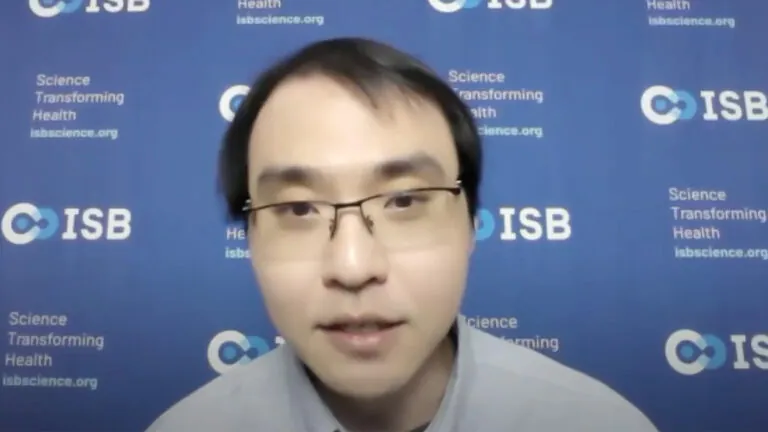How Glioblastoma Resists Treatment – and Ways to Prevent It
Glioblastoma is one of the deadliest and most aggressive forms of primary brain cancer in adults and is known for its ability to resist treatment and to recur. ISB researchers have made breakthrough discoveries in understanding the mechanisms behind acquired resistance, focusing on a rare and stubborn group of cells within tumors called glioma stem-like cells.

Glioblastoma, known as GBM, is one of the deadliest and most aggressive forms of primary brain cancer in adults and is known for its ability to resist treatment and to recur.
Institute for Systems Biology (ISB) researchers and their colleagues have made breakthrough discoveries in understanding the mechanisms behind acquired resistance, focusing on a rare and stubborn group of cells within tumors called glioma stem-like cells (GSCs). Their findings were published in the journal Science Advances.
GSCs are notorious for their resistance to drugs like temozolomide, the standard chemotherapy treatment for GBM. GSCs can transition into different cell states, which helps them evade therapy and acquire resistance after treatment.
“We used multiple experimental and computational techniques to study GSCs at a precise and detailed level, examining how they respond to, transition, and resist drug treatment,” said ISB Research Scientist Dr. James Park, first author of the paper. “By inferring the networks of genes that control these transformations, known as transcriptional regulatory networks, we found clues about how to disrupt these processes.”
One promising strategy involves predicting how GSCs respond to treatments based on their transcriptional profiles. By simulating these responses computationally, the team identified new vulnerabilities in GSCs that were exposed as the cells attempted to escape treatment with a primary drug. ISB researchers demonstrated that the new vulnerabilities could be exploited to improve the killing of GSCs by sequentially administering secondary drugs, such as targeted therapies or molecular manipulations, to reduce gene expression enabling escape from primary drug treatment.
The research also demonstrated that not all GSCs are alike – some are naturally resistant to treatment from the start, while others develop resistance over time. Understanding the molecular mechanisms underlying these differences is crucial for developing personalized treatment plans targeting a patient’s specific cancer traits.
For instance, the drug pitavastatin was found to be effective in killing certain types of GSCs, but not others. By sequentially adding another drug – vinflunine – researchers showed improved effectiveness of the sequential treatment over each drug alone against a broader range of GSCs.
“We believe these findings suggest a path to formulating personalized treatments tailored to the unique cancer characteristics of an individual patient, which will lead to better outcomes for those battling GBM,” said Dr. Nitin Baliga, corresponding author of the paper and professor, director, and senior vice president at ISB.
Baliga said more research is needed to translate these discoveries into clinical practice, but “this progress represents a significant step forward in the fight against GBM.”
This research project was led by ISB scientists in collaboration with clinical researchers Drs. Parvinder Hothi and Charles Cobbs from Swedish Providence and Dr. Anoop Patel from Duke University.


